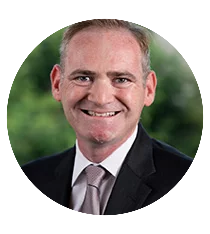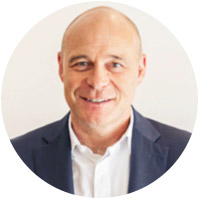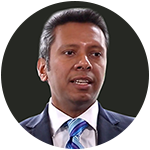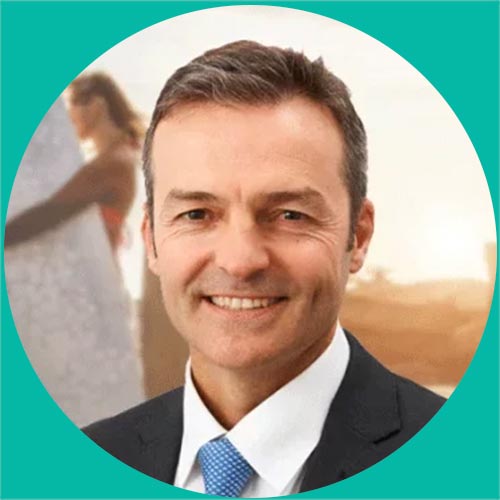
Is your team holding back your practice?
Insights from Practices with High-Output Teams
Wondering if your team is the bottleneck to your practice’s growth? You’re not alone. Most practice owners eventually find themselves pondering this question. Typically, the answer falls into one of two buckets: “I’m not sure” or “Yes.” Let’s dive into each.
When You’re Not Sure
If you’re in the “I’m not sure” camp, gaining clarity is your next move. High-output teams often use the Theory of Constraint to find their bottlenecks. This theory helps you identify and focus on the single most limiting factor—known as the ‘constraint’—in your practice. Once they find this constraint, they work to improve it until it’s no longer the weak link. Then, they find the next constraint, and so on.
Map and Document Your Processes
What do you expect your team to do?
Practices that excel have mapped out two main engines that power them: Growth and Fulfillment. For growth, they’ve got a detailed process from first contact to booking an appointment. The same meticulousness applies to fulfillment, or how they deliver patient care from beginning to end.
Once they’ve mapped these engines, they highlight the key stages they can’t get wrong—those most impactful for their practice’s success. These are the stages they document.
This is an example of what a fulfillment engine looks like.

Identify Your Team’s Accountabilities
High-output teams have clear accountabilities. In this context, accountability means being the ‘go-to’ person for specific outcomes. Everyone on the team knows who is accountable for what, especially at the most crucial stages of patient interaction. In comparison, responsibility involves carrying out tasks that lead to these outcomes. By focusing on both tasks and outcomes, high-output teams ensure nothing falls through the cracks.
Accountability and responsibility are often used interchangeably, but they have distinct meanings in a business setting.
- Accountability
Accountability refers to the ownership of results. When you’re accountable for something, you’re the “go-to” person for outcomes. Success or failure, the buck stops with you. You’re answerable for the performance and results of a task, project, or role.
- Responsibility
Responsibility involves the tasks you’re charged with completing. It’s the “doing” part. You’re responsible for certain actions that lead to an outcome, but you may not be the one who’s ultimately accountable for that outcome.
- The Contrast
The main difference lies in the focus on “tasks” versus “outcomes.” Responsibility is about the specific duties your team has, whereas accountability is about the end result and owning it fully. In a team, multiple people can have responsibilities within a project, but usually, only one person is accountable for the end result. That person’s job is to make sure everyone does their responsible tasks to achieve a successful outcome.
Redistribute Accountability
If they find that some team members hold too many accountabilities, these practices redistribute the load. The secret sauce? They document the crucial stages in their processes. The person currently accountable trains others, using this documentation as a guide. If the new person can’t manage after repeated training and feedback, then it’s clear—they’re not a good fit for that role.
When the Answer is “Yes”
If you’ve concluded your team is the problem, remember the accountability ultimately lies with you. You hired, trained, and kept them.
Initiate Difficult Conversations
Now, it’s about having those hard talks. Practices with high-output teams don’t shy away from this. It’s about streamlining for maximum efficiency. If someone isn’t a good fit, letting them go could be the best thing for everyone involved, including that employee.
Conclusion
Whether you’re uncertain or you’re convinced your team is the issue, action is essential. High-output teams never waver in this regard. They either optimize their existing processes or make the hard personnel decisions necessary for the practice to excel. Your practice’s success isn’t just about your skills as a surgeon; it’s about the collective capability of your team to deliver exceptional patient care.
Remember, a high-output team doesn’t just happen. It’s carefully built and rigorously maintained. Take a page from those who’ve done it successfully, and you’re already on the right track.
NOTE: The best way to answer that nagging question about practice growth or marketing or patient volume in the back of your mind is to book a free 15-minute compatibility call. Get some options and go away with a clear idea of what’s possible.
About the author
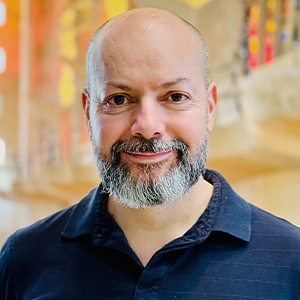
Rod Solar
Founder & Scalable Business Advisor / fCMO
Rod Solar is a co-founder of LiveseySolar and a Scalable Business Advisor for its customers. Rod mentors and coaches eye surgery business CEOs/Founders and their leadership teams to triple their sales, double their profit, and achieve their “ideal exit”.
Related Posts
Meet our Co-Founders
We’re passionate about helping leaders of high-quality, growth-minded practice owners double their practice revenue

Rod Solar
Founder & Scalable Business Advisor
For over 20 years, I’ve helped ophthalmology entrepreneurs scale their private practices. I specialise in doubling revenue within three years by offering a proven framework, hands-on experience, and a team of experts who implement what works. We take the guesswork out of growth and scale, so you can focus on delivering exceptional patient care while maximising the value of your business.
LiveseySolar completely transformed the way we were approaching this… We’ve gone from having just the dream of having a practice to having a practice up and running with people making inquiries and booking for procedures… It’s extremely pleasing. We feel lucky we connected with LiveseySolar.
— Dr Matthew Russell, MBChB, FRANZCO, specialist ophthalmic surgeon and founder of VSON and OKKO
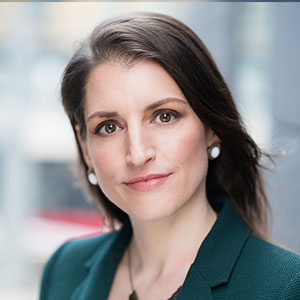
Laura Livesey
Founder & CEO
I’m the co-founder & CEO of LiveseySolar. I’ve developed powerful eye surgery marketing systems that increase patient volumes and profits for doctors, clinics, and hospitals, since 1997.
Rod and Laura know as much about marketing surgery to patients as I know about performing it. They are an expert in the field of laser eye surgery marketing. They know this industry inside out. I believe that they could help many companies in a variety of areas including marketing materials, sales training and marketing support for doctors.
— Prof. Dan Reinstein, MD MA FRSC DABO, founder of the London Vision Clinic, UK


